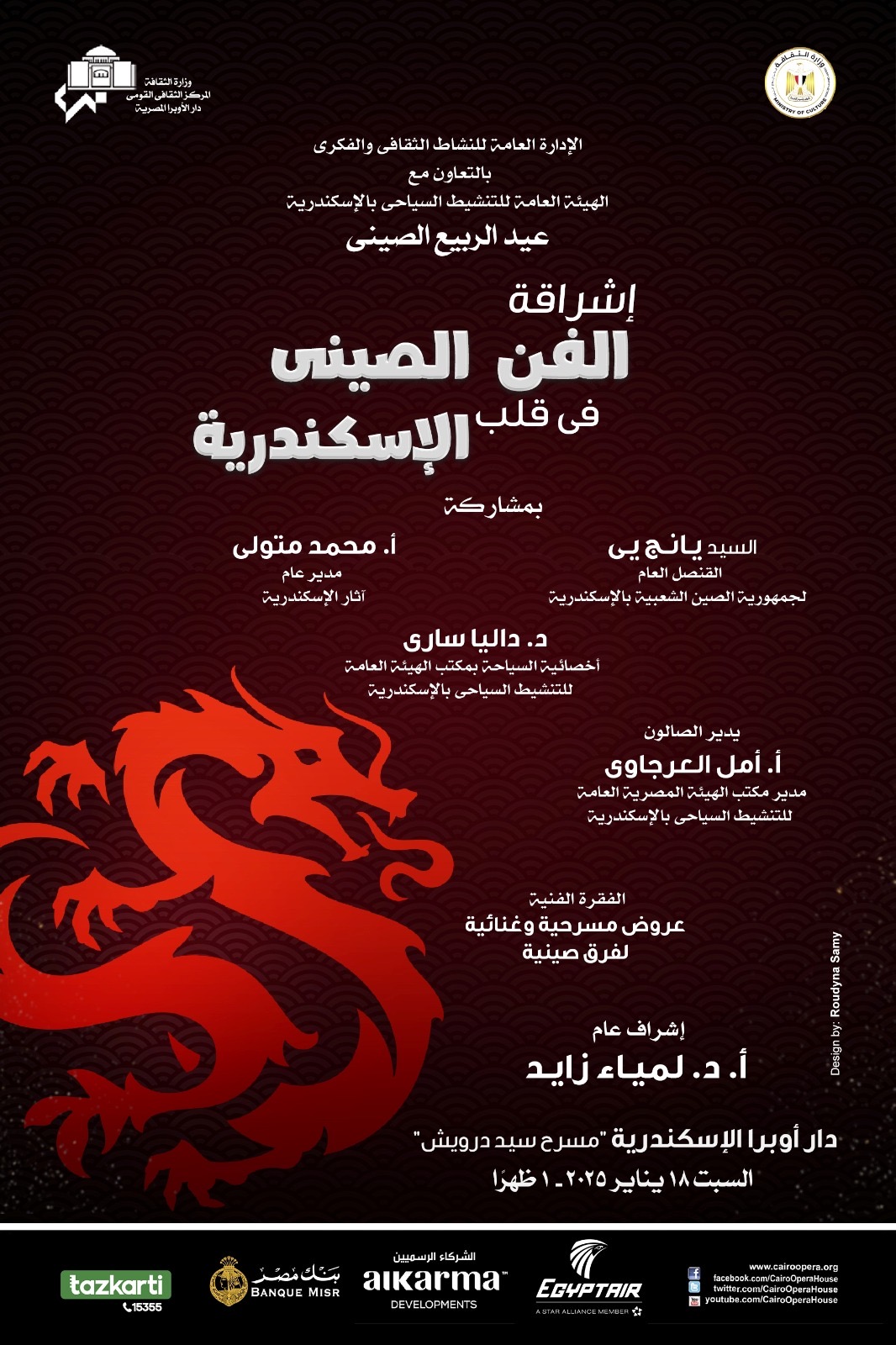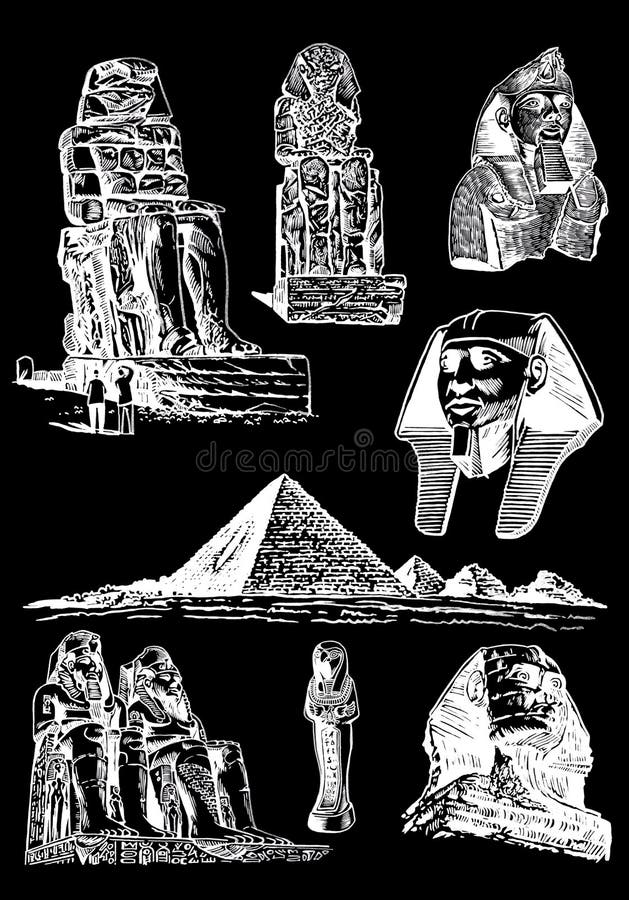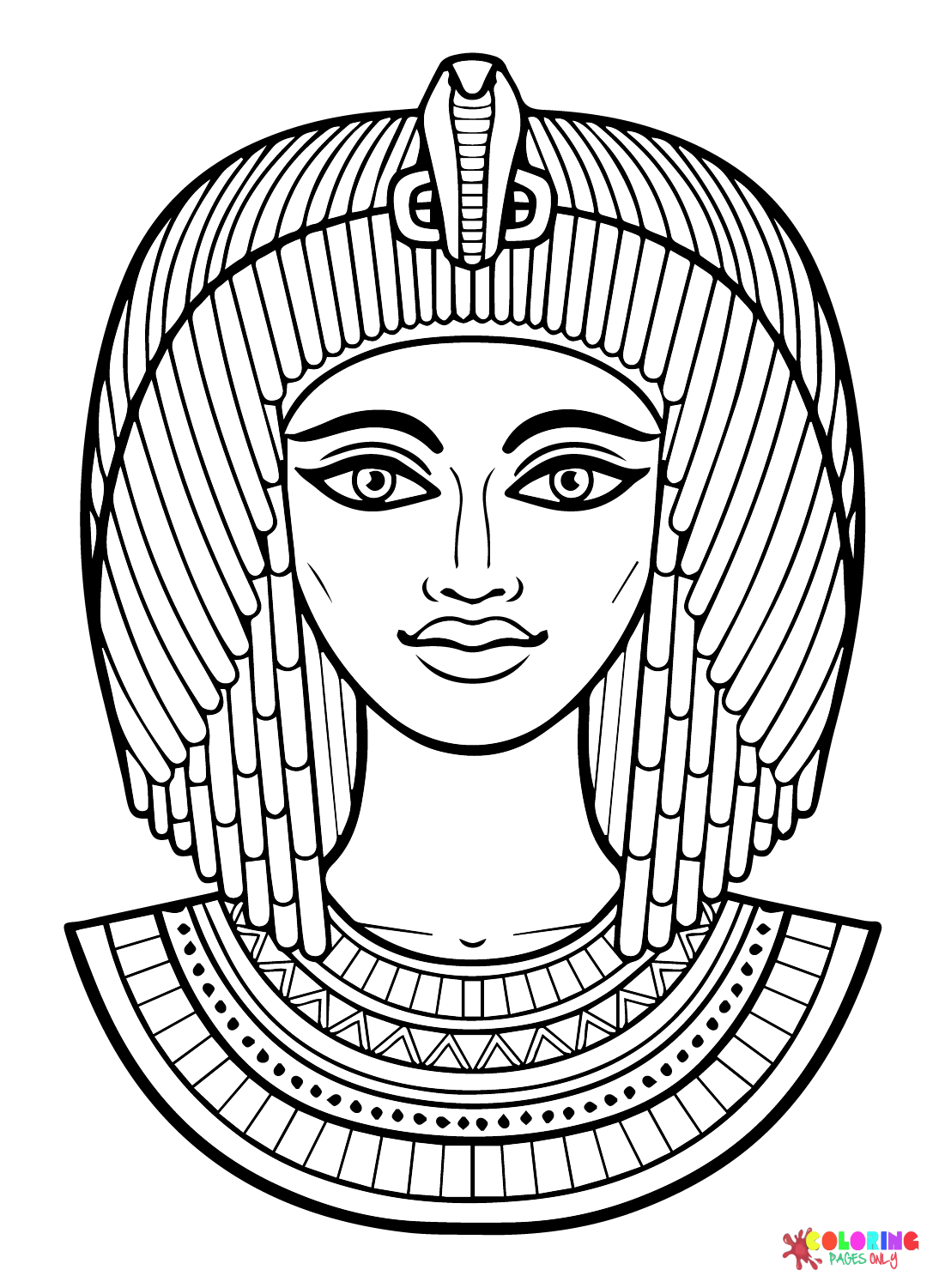Have you ever wondered why ancient Egypt continues to inspire composers across centuries? Aida, a four-act opera by Giuseppe Verdi, stands as one of the most iconic works set in this mystical land. Its dramatic narrative and powerful music have captivated audiences worldwide since its premiere in 1871. This masterpiece not only transports listeners to the grandeur of ancient Egypt but also explores timeless themes of love, betrayal, and destiny.
The opera’s setting in Egypt is no coincidence. The civilization’s rich history and cultural allure provided Verdi with an ideal backdrop for his melodramatic tale. Aida tells the story of two lovers caught between loyalty to their nations and personal desires. Set against the backdrop of war between Egypt and Ethiopia, it delves into the complexities of human emotions while showcasing the opulence of Egyptian culture through elaborate costumes, majestic sets, and hauntingly beautiful melodies. Other notable operas inspired by ancient Egypt include Thaïs, composed by Jules Massenet in 1894, which similarly captures the spiritual essence of the era.
| Bio Data & Personal Information |
|---|
| Name: Giuseppe Verdi |
| Date of Birth: October 10, 1813 |
| Place of Birth: Le Roncole, Italy |
| Death: January 27, 1901 (Milan, Italy) |
| Career Highlights: |
| - One of the leading opera composers of the 19th century |
| - Renowned works include Rigoletto, La Traviata, and Otello |
| Professional Achievements: |
| - Premiered Aida at the Khedivial Opera House in Cairo in 1871 |
| - Received numerous accolades during his lifetime |
| Reference: Metropolitan Opera |
Verdi's choice of Egypt as the setting for Aida was deliberate. At the time, Europe was fascinated by the exoticism of the East, and Egyptology had become a burgeoning field of study. This fascination translated into art, literature, and music, where depictions of ancient Egypt were often romanticized. In Aida, Verdi masterfully blends historical elements with fictional drama, creating a work that resonates deeply with audiences even today.
Other operas set in ancient Egypt explore different facets of the civilization. For instance, Thaïs focuses on themes of redemption and spirituality. Composed by Jules Massenet, it premiered in Paris in 1894 and tells the story of a courtesan who undergoes a profound transformation after encountering a devout monk. Similarly, Mozart’s The Magic Flute, though primarily a fairy tale, incorporates Egyptian motifs to enhance its mystical atmosphere. These operas collectively demonstrate how composers have drawn inspiration from Egypt’s enigmatic past to craft narratives that transcend time and geography.
Operatic terminology can sometimes seem daunting, especially when solving crossword puzzles. However, familiarizing oneself with key terms enhances both appreciation and problem-solving skills. Terms like aria, recitative, and libretto frequently appear in crosswords related to opera. In the case of Aida, knowing that it is a four-act opera set in ancient Egypt makes answering clues much easier. Additionally, recognizing specific details about its characters—such as Aida herself being an Ethiopian princess enslaved in Egypt—or its historical context enriches one’s understanding of the piece.
Returning to Aida, the plot revolves around Radamès, an Egyptian military commander, and Aida, the aforementioned Ethiopian princess. Their forbidden love unfolds amidst political intrigue and warfare. When Radamès captures Aida's father, Amonasro, during battle, tensions escalate further. Ultimately, the lovers choose death over separation, sealing their tragic fate in a poignant finale. Such emotional depth combined with Verdi's lush orchestration ensures Aida remains a staple in operatic repertoire.
For enthusiasts seeking deeper engagement with these works, exploring various productions offers valuable insights. Modern stagings reinterpret classic operas using innovative techniques, while traditional performances preserve the original splendor envisioned by composers. Whether watching live performances or studying recordings, each experience provides new perspectives on beloved masterpieces like Aida.
As we reflect on the enduring appeal of operas set in ancient Egypt, it becomes clear that their success lies in their ability to merge historical authenticity with imaginative storytelling. From Verdi's Aida to Massenet's Thaïs, these compositions continue to captivate audiences globally. They remind us of the universal power of music to convey complex emotions and timeless truths, bridging gaps between cultures and eras.
In summary, the fascination with ancient Egypt persists in the realm of opera due to its evocative imagery and symbolic richness. Works such as Aida exemplify how composers harness this fascination to create compelling narratives. By understanding the historical and artistic contexts surrounding these operas, we gain greater appreciation for their significance within musical history. Furthermore, engaging with relevant vocabulary strengthens our connection to these cherished pieces, ensuring they remain relevant for future generations.



